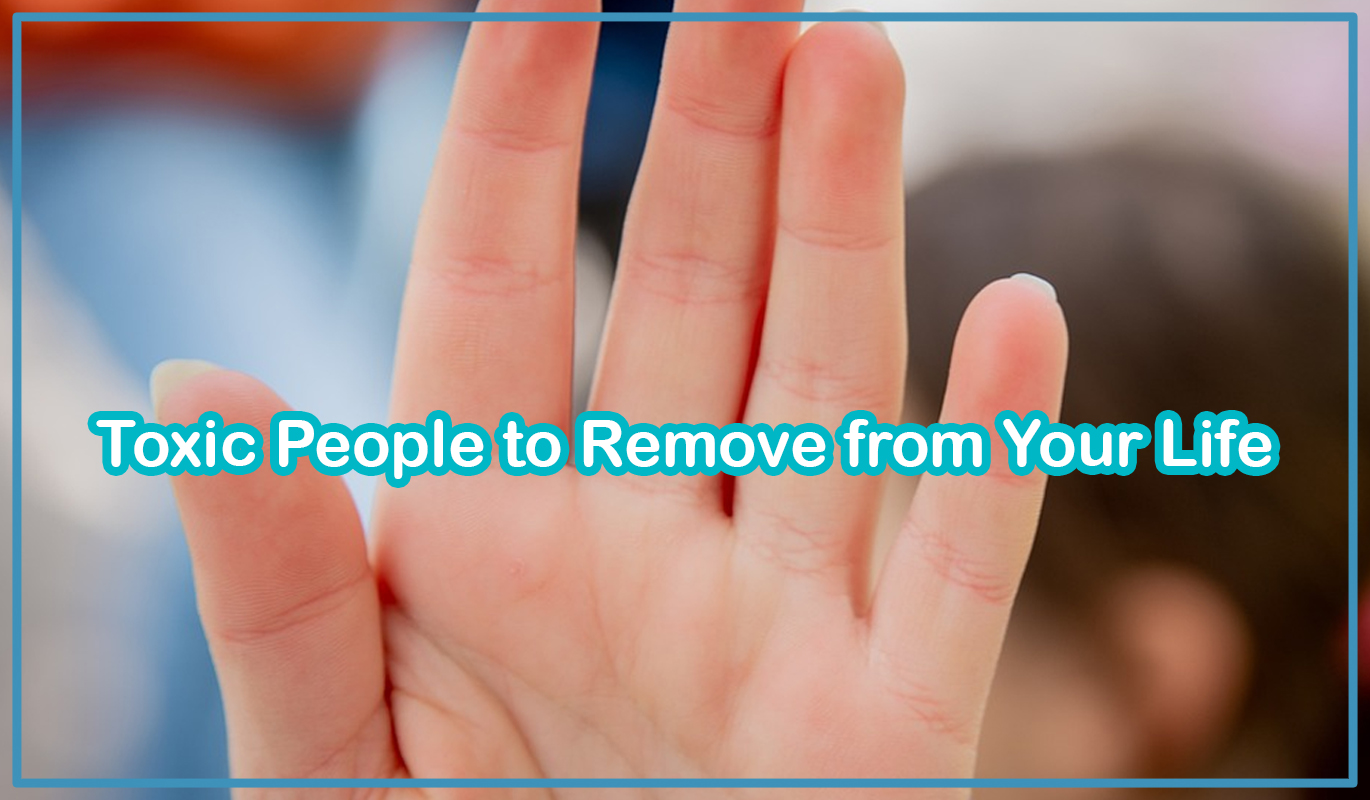
Navigating relationships can be challenging, especially when certain individuals consistently bring negativity and harm into your life. Identifying and removing toxic people is crucial for maintaining mental health and personal well-being. This comprehensive guide explores various types of toxic individuals, provides strategies for dealing with them, and emphasizes the importance of creating a positive, supportive social circle. By incorporating high-volume, low-competition keywords, this article aims to offer valuable insights while optimizing for search engines.
Identifying Toxic People
1. The Manipulator
Manipulators are experts at controlling others to achieve their own goals. They often use deceit, guilt, and psychological pressure to influence your actions. These individuals can erode your self-esteem and make you doubt your decisions.
2. The Critic
Critics constantly find fault with everything you do, often under the guise of “constructive criticism.” While some feedback can be helpful, perpetual criticism can undermine your confidence and lead to self-doubt.
3. The Victim
Victims always have something wrong in their lives and never take responsibility for their problems. They drain your energy with their constant complaints and refusal to seek solutions.
4. The Narcissist
Narcissists are self-centered and lack empathy for others. They expect special treatment and can be highly manipulative to maintain their inflated sense of self-importance.
5. The Drama Queen/King
Drama queens and kings thrive on chaos and conflict. They often create unnecessary drama, making every situation about themselves and causing stress and anxiety for those around them.
6. The Control Freak
Control freaks need to dominate every aspect of their lives and the lives of those around them. They can be overbearing, dictating how things should be done and leaving little room for your input or autonomy.
7. The Gossip
Gossips thrive on spreading rumors and secrets. They can be dangerous because they often distort the truth and damage reputations, leading to distrust and conflict within social circles.
The Impact of Toxic People on Your Life
Toxic people can have profound negative effects on your mental and emotional well-being. Understanding these impacts can motivate you to take action and remove such individuals from your life.
1. Mental Health
Toxic relationships can lead to increased stress, anxiety, and depression. Constant negativity and manipulation can make you feel overwhelmed and helpless.
2. Self-Esteem
Being around toxic individuals can erode your self-esteem. Their constant criticism and manipulative behavior can make you doubt your worth and capabilities.
3. Physical Health
The stress caused by toxic people can also manifest physically. You may experience symptoms such as headaches, fatigue, and even weakened immune function.
4. Relationships
Toxic individuals can damage your relationships with others. They can create conflicts, spread rumors, and isolate you from supportive friends and family.
Strategies for Dealing with Toxic People
1. Set Boundaries
Establish clear boundaries with toxic individuals. Let them know what behaviors are unacceptable and stick to your limits.
2. Limit Contact
Minimize your interactions with toxic people. If possible, avoid spending time with them and focus on maintaining relationships with positive, supportive individuals.
3. Communicate Assertively
When dealing with toxic people, communicate your needs and feelings assertively. Use “I” statements to express how their behavior affects you without blaming them.
4. Seek Support
Surround yourself with a strong support system. Friends, family, and mental health professionals can provide guidance and encouragement as you navigate toxic relationships.
5. Prioritize Self-Care
Take care of your mental and physical health. Engage in activities that promote relaxation and well-being, such as exercise, meditation, and hobbies.
When to Cut Ties
In some cases, setting boundaries and limiting contact may not be enough. Here are signs that it might be time to cut ties with a toxic person entirely.
1. Repeated Boundary Violations
If a toxic person continually disregards your boundaries, it may be necessary to end the relationship. Respect is crucial in any relationship, and repeated violations indicate a lack of regard for your well-being.
2. Emotional and Physical Abuse
Abuse of any kind is unacceptable. If you are experiencing emotional or physical abuse, seek help immediately and distance yourself from the abuser.
3. Constant Negativity
If a person consistently brings negativity into your life and refuses to change their behavior, it might be best to cut ties. Chronic negativity can drain your energy and impact your overall happiness.
4. Manipulation and Deceit
Suppose a person frequently manipulates and deceives you. In that case, it is a clear sign of a toxic relationship. Trust is essential, and a lack of honesty can be detrimental to your mental health.
The Benefits of Removing Toxic People
Removing toxic people from your life can lead to numerous positive changes. Here are some benefits you might experience.
1. Improved Mental Health
Without the constant stress and negativity, you may notice an improvement in your mental health. Common benefits include reduced anxiety, increased happiness, and a better overall mood.
2. Enhanced Self-Esteem
Surrounding yourself with supportive individuals can boost your self-esteem. Positive reinforcement and genuine encouragement can help you regain confidence.
3. Healthier Relationships
With toxic individuals out of the picture, you can focus on building healthier, more fulfilling relationships. Trust and mutual respect will become the foundation of your social interactions.
4. Greater Personal Growth
Removing toxic people allows you to focus on personal growth. You can pursue your goals and interests without negativity and manipulation.
Recognizing and removing toxic people from your life is essential for your mental, emotional, and physical well-being. By identifying various types of toxic individuals, understanding their impact, and implementing strategies to deal with them, you can create a more positive and supportive social environment. Remember, prioritizing your health and happiness is crucial, and sometimes that means making difficult decisions to cut ties with those who bring harm into your life.